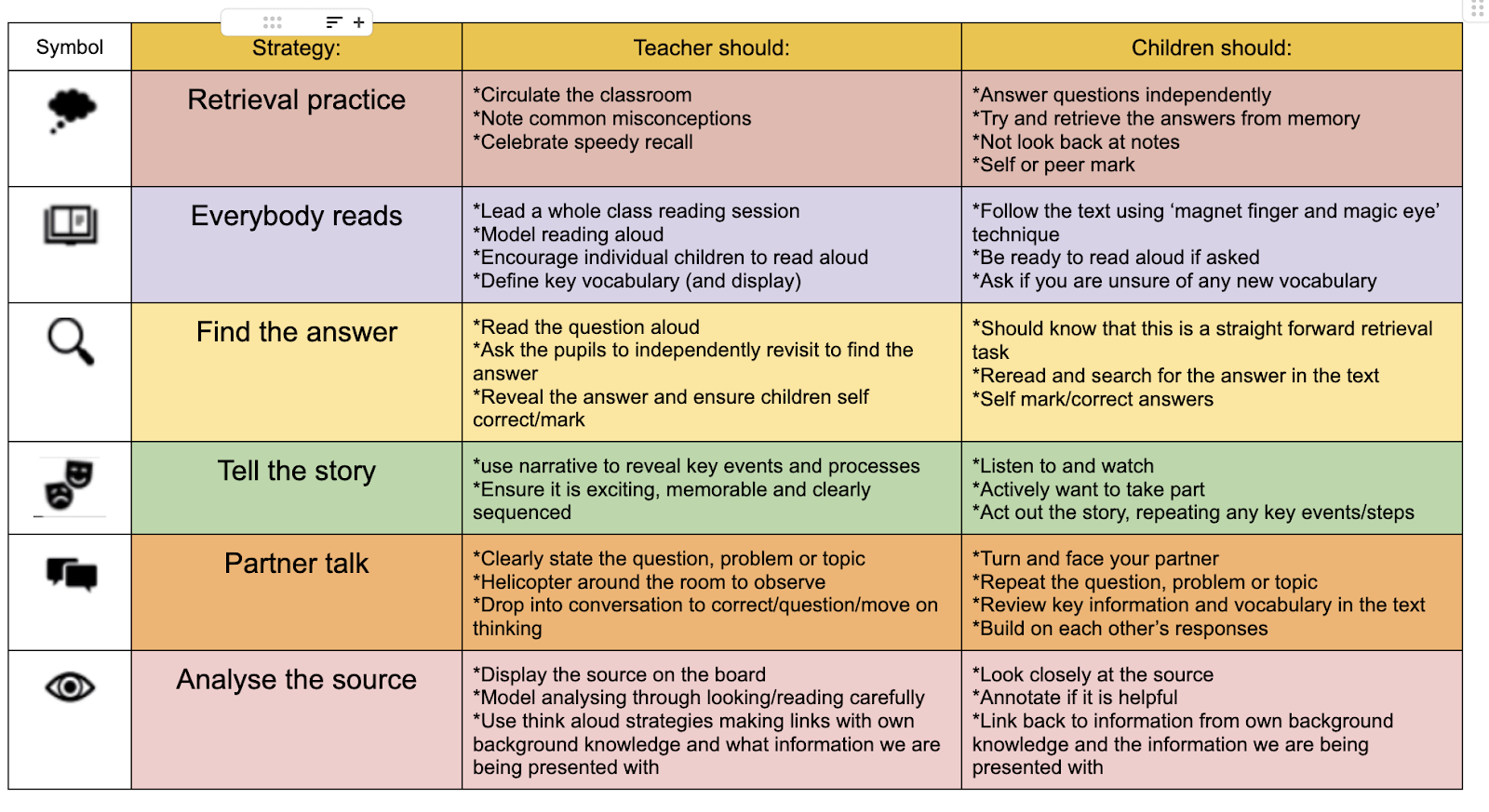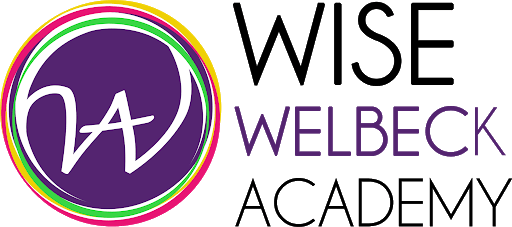Curriculum Information
Intent
Our intent is to provide an aspirational curriculum, where every child is recognised as a unique individual. The ability to learn is underpinned by the teaching of basic skills (including reading), knowledge, concepts and values with a vision to prepare them for life beyond primary school. The aim is to provide opportunities for all children to develop as independent, confident, successful learners with high aspirations. Through the curriculum we deliver, Welbeck pupils will become understanding British citizens who make a positive contribution to their community and wider society. Aspirational expectations, matching or exceeding those in the national curriculum, will combine the acquisition of knowledge and the progressive development of skills to create a purposeful and imaginative learning journey for every child.
We have 5 key curriculum drivers
-
- SMSC (Social, moral, spiritual and cultural development)
- Oracy development
- Childhood Experiences
- Basic Skills (including reading)
- Well-being
Our curriculum has been designed to align out curriculum intent with our school values –

Intention 1: Develop our children as lifelong learners (ambitious, independent)
We have a sharp focus on subject-specific knowledge, skills, vocabulary and understanding as set out in the National Curriculum so that children can flourish, reach and exceed their potential academically, physically and socially.
Intention 2: Develop the character of our children (kind, respectful)
We are determined to develop learners to have a well-rounded set of British Values that enable them to keep themselves safe and prepare them for life in the modern world in a diverse and ever-changing community aspiring for equality for all.
Intention 3: Develop behaviours and habits to become effective learners (cooperative, resilient, tolerant)
We are committed to developing the behaviours that children need to succeed in the world ensuring they are ready, respectful and safe.
Intention 4: Develop the moral compass of our children (independent, honest, respectful)
To understand spirituality in themselves and others, develop social skills and understand society, build a firm set of personal morality, and to engage in the culture they live in and understand the cultures of others.
Implementation
In order to achieve our aims and fully prepare our children for life in modern Britain and beyond, we have designed a robust 2 year rolling programme that is exciting and engaging. New topics are launched with “memorable experiences” that will capture children’s imaginations and stimulate their thirst for learning more. Units of learning are carefully sequenced to ensure that learning builds lesson on lesson, key stage on key stage. Lessons incorporate retrieval skills to help children learn, link and remember knowledge. Transitions between year groups and teachers will be seamless through our sequenced and cohesive approach. We have high expectations for children to learn and use new, rich vocabulary in all subjects.
In preparing children for modern Britain, we teach our children about the Fundamental British Values, diversity and equalities and wherever possible expose children to the rich and varied cultures of cities in the North East of England and beyond. Our lessons refer to future career opportunities and inspire children to think about their future and what they can become in the wider world.
Key Lesson Elements:

Impact
Intention 1: Develop our children as lifelong learners (ambitious, independent)
We strive to ensure that our children’s attainment in core and curriculum subjects is in line with or exceeding their potential when we consider the varied starting points of children. We measure this carefully using a range of materials, but always considering age related expectations. We ensure children make accelerated progress so they are able to read as soon as possible. We intend that the impact is that children will be academically and physically prepared for life in secondary school and in Modern Britain and the world.
Intention 2: Develop the character of our children (kind, respectful)
The impact will be that our learners will have fully rounded characters with a clear understanding of complex values like equality, friendship, trust and many others. Only by really learning what these mean will our learners be able to develop a character that prepares them for living in the community demonstrating tolerance and equality. We measure this not just by the work our children produce, but in the behaviours we see each and every day in all learners on the playground, in corridors, and in the many roles we give them. The impact of this intention is seen in the daily interaction of all members of our community, including staff and children.
Intention 3: Develop behaviours and habits to become effective learners (cooperative, resilient, tolerant)
The impact we intend to achieve by developing this intention is seen by how the children approach challenges every day. This could be on the playground, in a game or disagreement, or in class in a complex learning challenge. The impact should be that children don’t give up, are highly motivated to succeed and achieve and are equipped with all the personal skills to do this.
Intention 4: Develop the moral compass of our children (independent, honest, respectful)
Our learners will be motivated by a strong personal sense of morality. They will make decisions for the right reasons and in the best interests of their community. They will be able to decide what is right and what is wrong, and will be resilient to the influence of others. They will go out into the world and make a difference in their own life and to others. Our learners will be the owners of their own destinies.
We use rigorous triangulated monitoring throughout the year to gauge the impact of the curriculum design. Senior leaders, teachers and wider staff monitor individual subjects: reviewing learning, evaluating pupil voice, providing individual feedback to move practice forward, celebrating positives and highlighting areas of development. Our whole school team strengthens our ethos and vision as we work together to reflect upon our curriculum and share outcomes driving forward next steps. We don’t confuse coverage with progress when assessing as learning is measured through careful analysis of the application of skills across the curriculum; showing how acquisition of knowledge is enhanced dramatically by expectations to evidence quality thinking and demonstrate individual understanding.
To know more about our overarching curriculum rationale click here
Assessment
At WISE Academies we believe that assessment is one of the integral elements that form Quality First Teaching. Assessment is not a separate entity; it is central to classroom practice and interwoven into and employed at each and every lesson taught.
You can view our Assessment Rationale here
